Inclusion Australia staff member, William Ward-Boas reports on his experience at the Disability Employment Australia Conference in Brisbane.
Increasing open employment outcomes for people with disabilities
Disability Employment Services (or DES for short) are funded by the Australian Government to help people with disabilities to find work. The DES program presents significant barriers to people with an intellectual disability to open, inclusive and equitable employment. Fewer than 4% of DES participants have an intellectual disability.
A review of DES is taking place as part of government reforms to increase open employment of people with disabilities. This was a big focus at the recent two-day Disability Employment Australia Conference in Brisbane.
William Ward-Boas, Your Service, Your Rights Project Coordinator at Inclusion Australia attended the conference. As a former DES user, William was invited to participate in a panel session, Quality Servicing and Different Perspectives. This was exploring a new approach to measuring quality of service delivery by DES providers, including what quality looks and feels like for people with an intellectual disability.
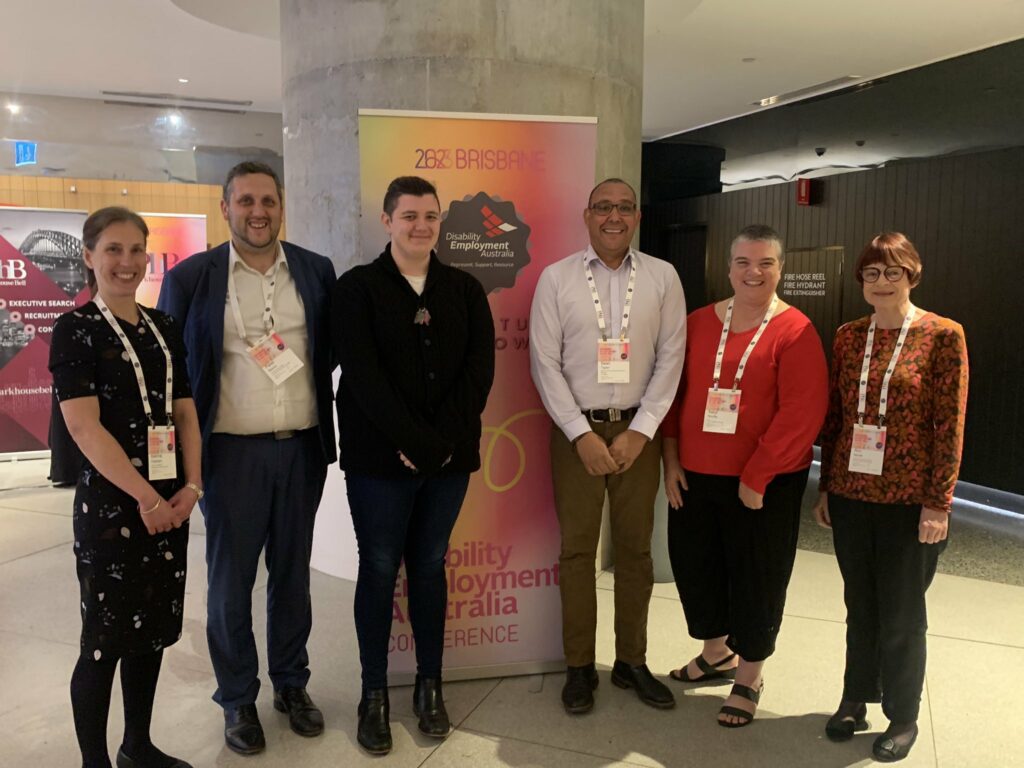
William was a little worried before the panel session, with over 150 people in attendance at the conference. ‘I was ball of anticipation and nerves from the moment I woke up until I walked on stage.’
However, once on stage, he felt instantly comfortable. He talked about his work on the Your Service, Your Rights project which is about people with an intellectual disability using NDIS services to understand their rights, how to make a complaint, what support there is and how to be involved in their service. He also shared his own experience of being a DES participant earlier in his career.
William had some advice for DES providers, telling the audience ‘I would like providers to not just take a client on for the sake ticking a box, but to really understand the person.’ William also said providers need to ‘really think about what support people need, what is not working and how things can be better.’
Other sessions covered topics such as duty of care, policy updates and the future of disability employment in Australia. ‘Some speakers were really insightful, positive and uplifting,’ said William. ‘However, others came from an ableist point of view and used lots of difficult to understand language.’
William was pleasantly surprised by a session run by Jodie Rogers, creator of the TV series ‘Love on the Spectrum.’ ‘Her presentation was well done. As a qualified sexologist and previously disability education, she does not fit squarely into the disability employment space, but I saw that she has a significant and positive impact to make.’
William felt the conference had a bit of a NDIS versus DES provider feel and offered his insights about how this could be improved. ‘With the NDIS being participant focused, and DES being results focused, it would be great to see some overlap between the two. If they coordinated their objectives, they could be a great team and provide great outcomes for people with a disability.’
Outside the conference, William enjoyed his first time in Brisbane. He did some sightseeing with many beautiful landmarks and a walk along the river. His favorite was the Channel 7 Ferris wheel which provided great views of the city.
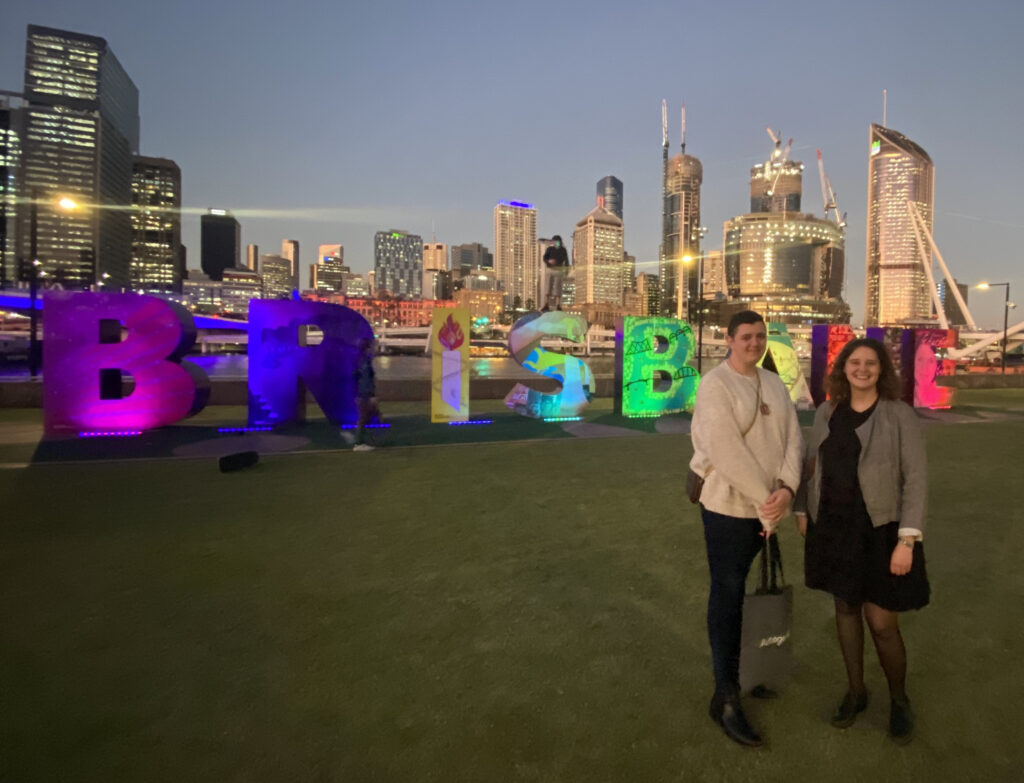
As we shift into the second half of the year, we look forward to seeing how the DES program reform and other review processes – including the NDIS Review and the final report of the Disability Royal Commission – increase opportunities for people with an intellectual disability.
You can read our recent submissions on DES and employment here:
- Our submission to the Australian Government on DES reform
- What Works: Making DES work for people with an intellectual disability, December 2021.
- Submission on the DES_Quality_Framework
- Joint Submission to the Australian Treasury’s Employment White Paper – September 2022

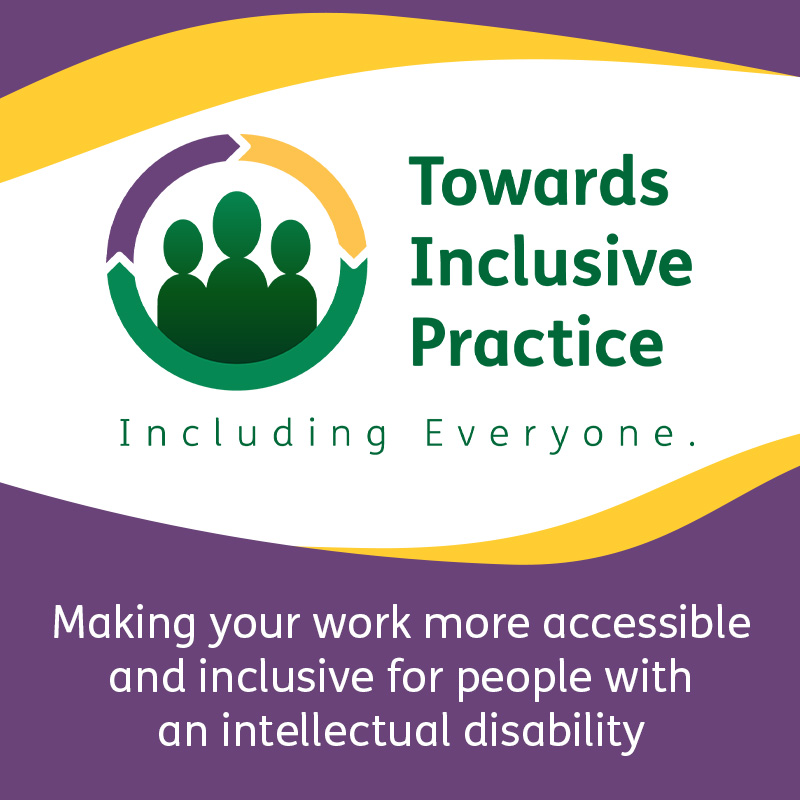
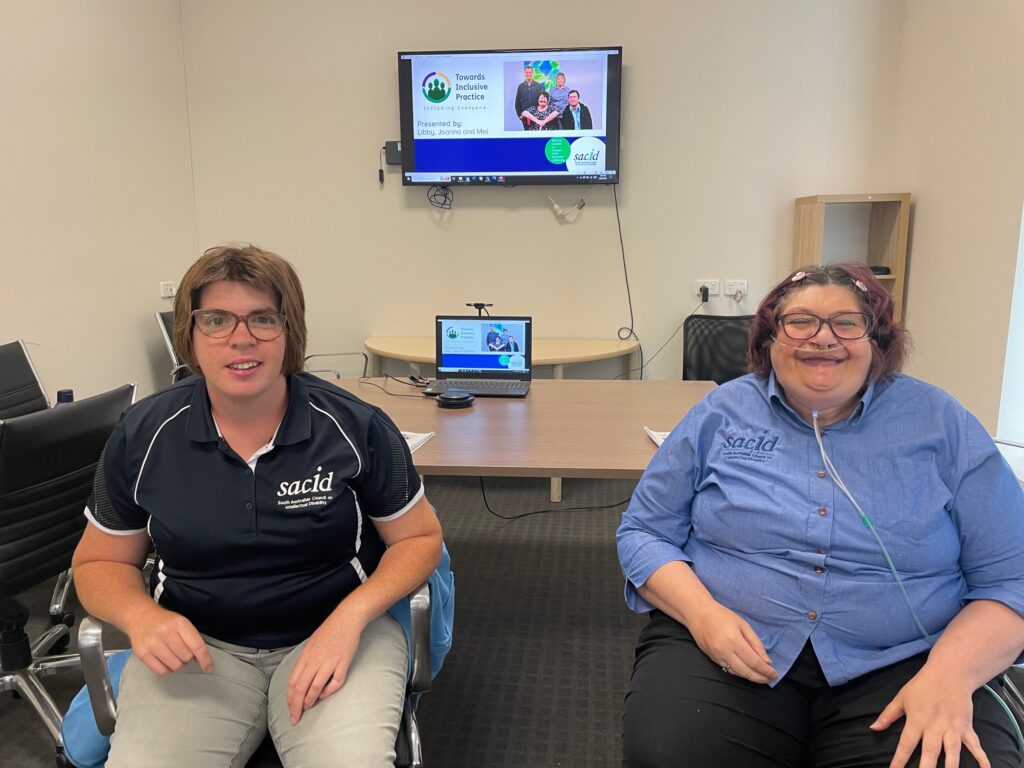

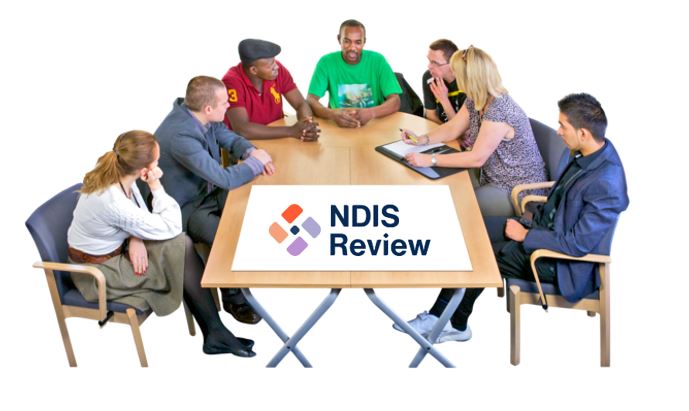 Family members have a critical role in the lives of people with an intellectual disability. The experience of families will be crucial to shaping the future of the NDIS.
Family members have a critical role in the lives of people with an intellectual disability. The experience of families will be crucial to shaping the future of the NDIS.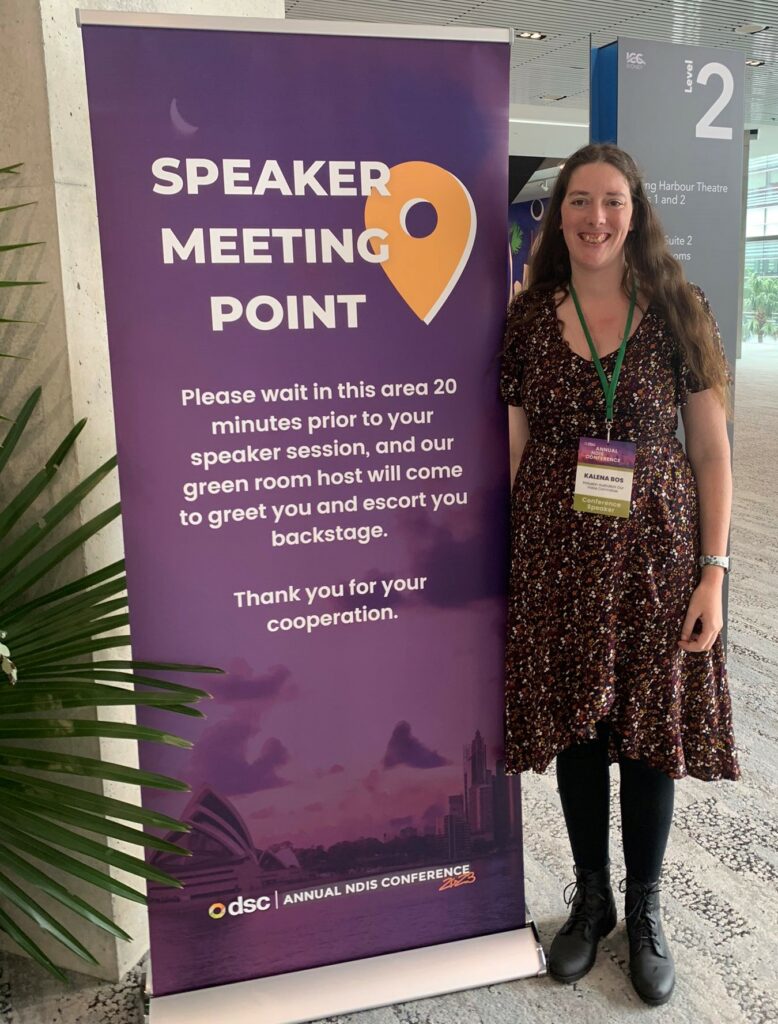
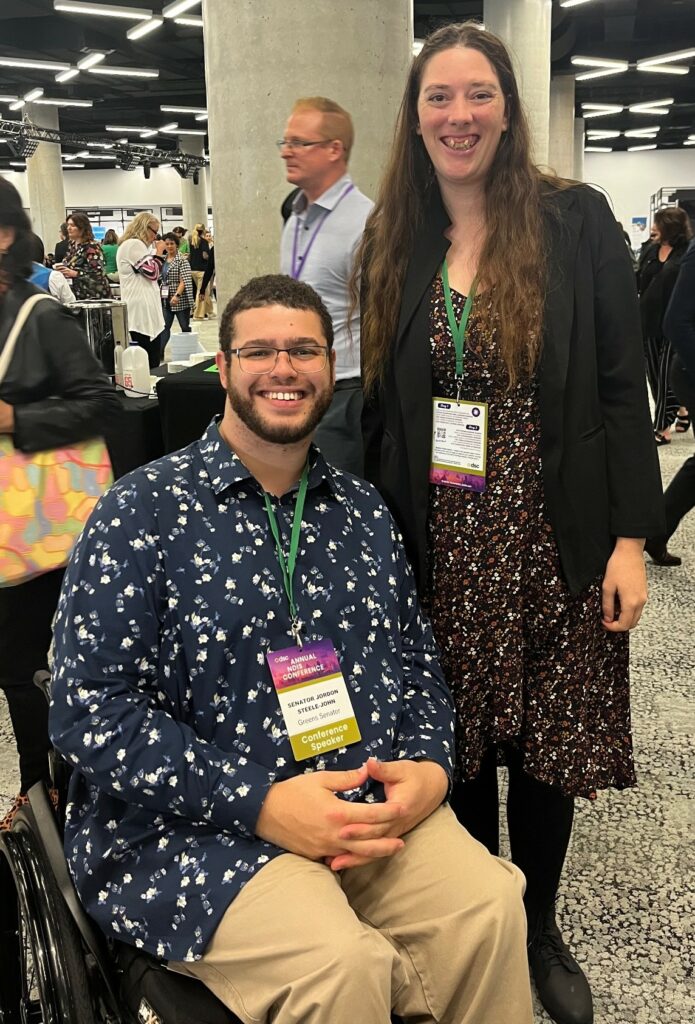


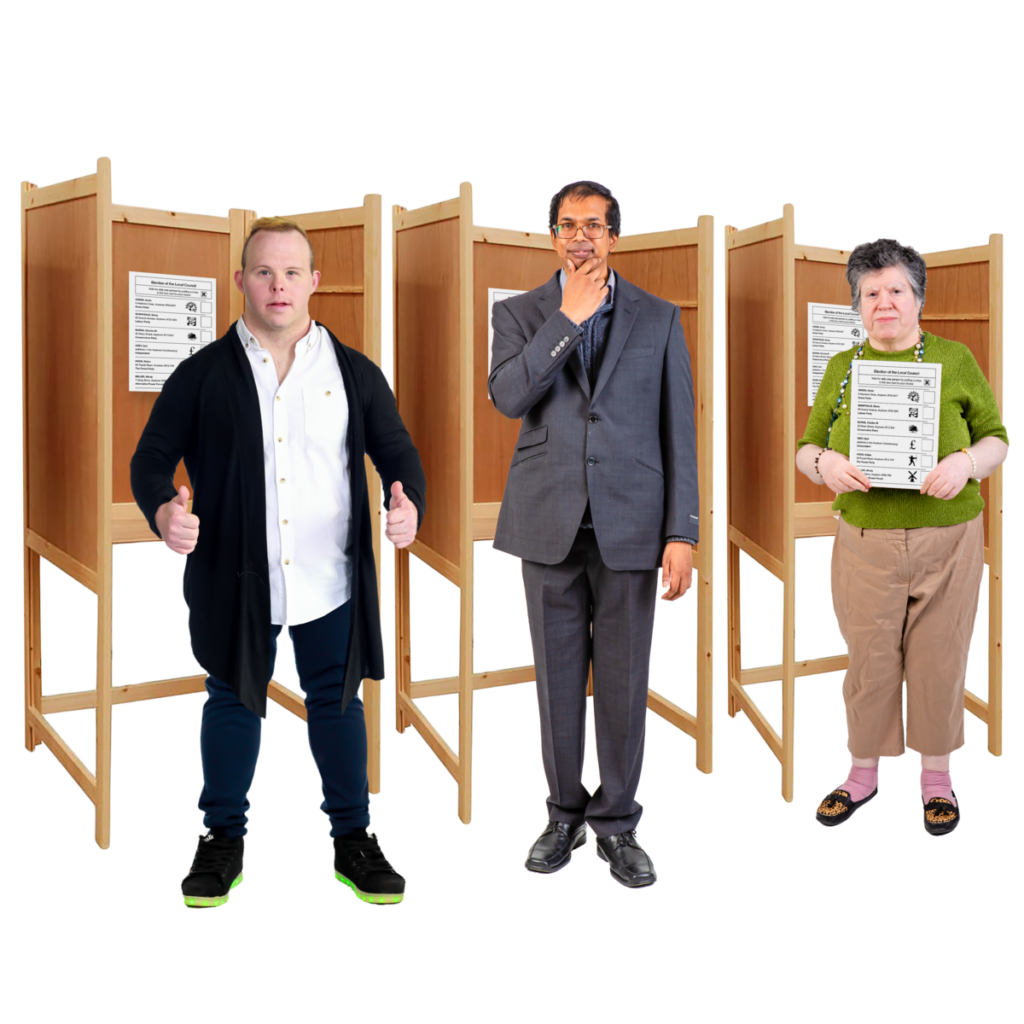 In August 2022 the Joint Standing Committee on Electoral Matters had an inquiry into the 2022 Federal Election.
In August 2022 the Joint Standing Committee on Electoral Matters had an inquiry into the 2022 Federal Election.
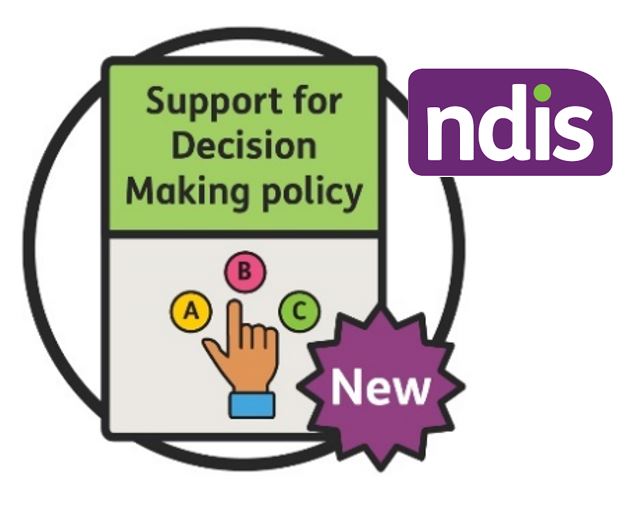 Inclusion Australia welcomes
Inclusion Australia welcomes 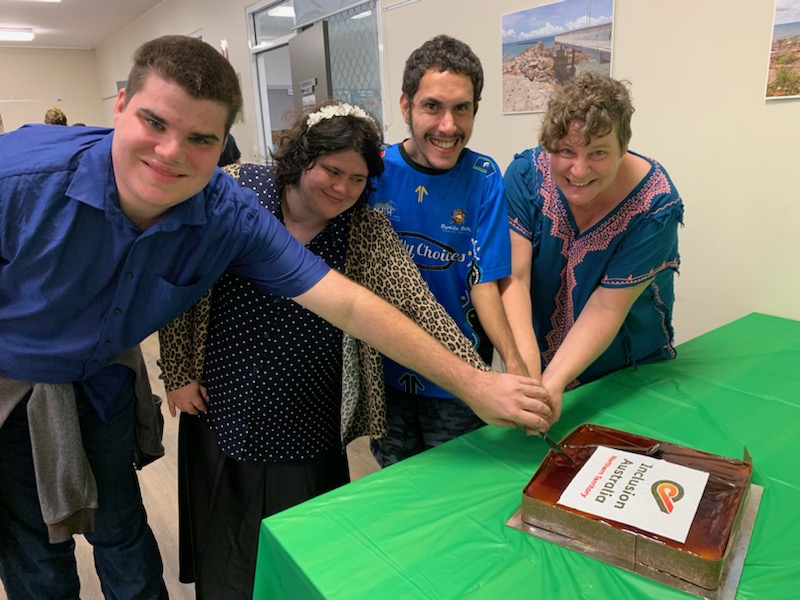
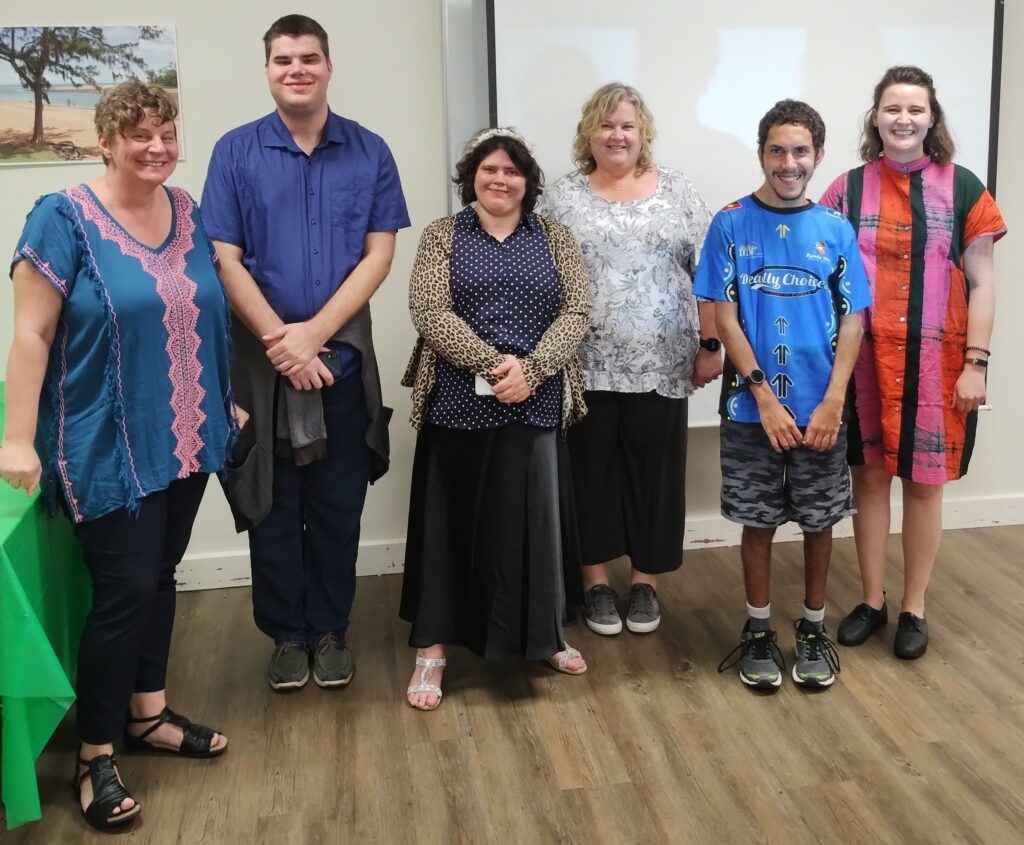
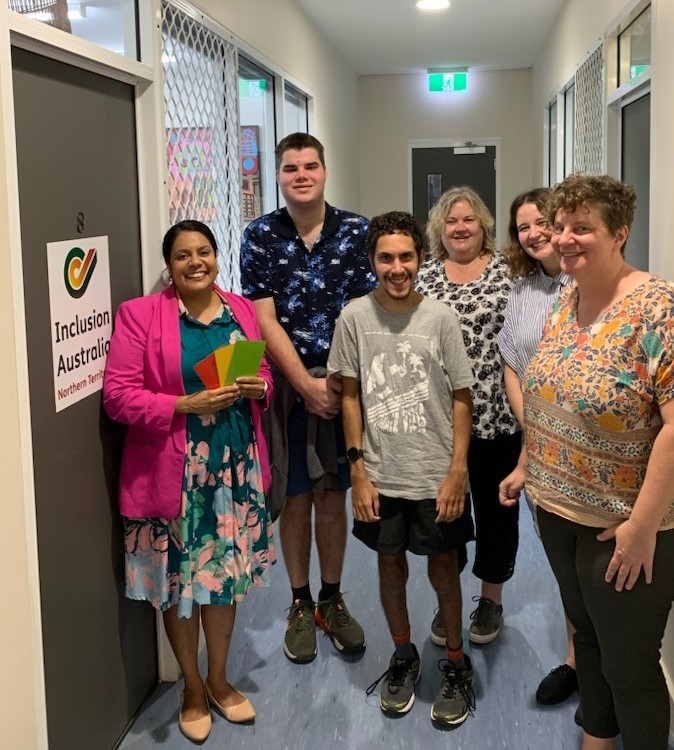
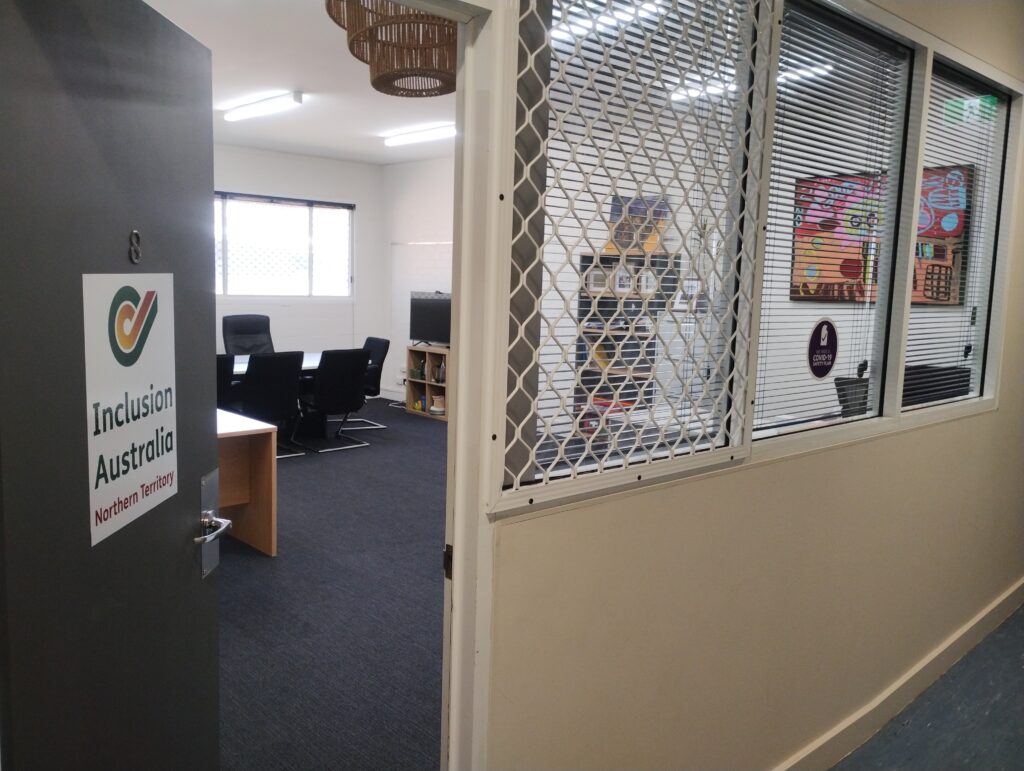
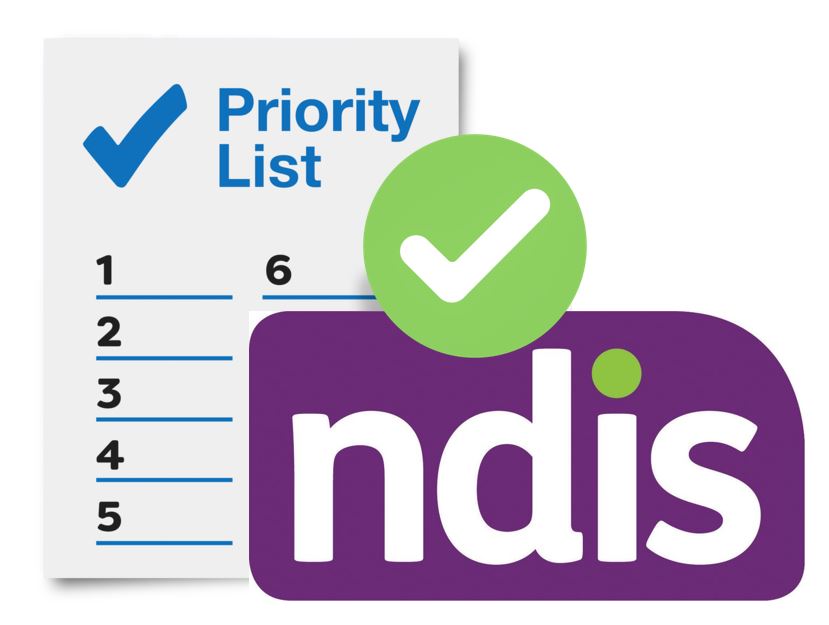 This week in Canberra, Bill Shorten – Minister for the National Disability Insurance Scheme – gave a much-anticipated speech on the future of the NDIS.
This week in Canberra, Bill Shorten – Minister for the National Disability Insurance Scheme – gave a much-anticipated speech on the future of the NDIS.